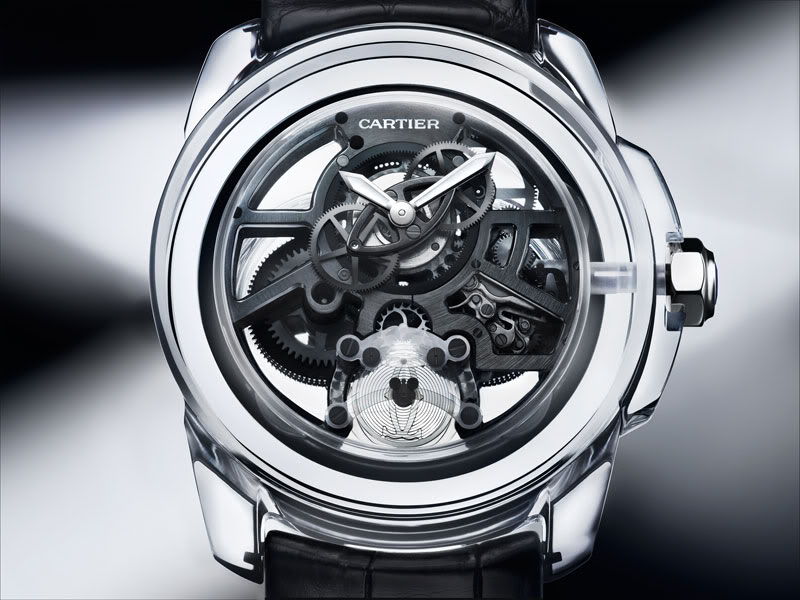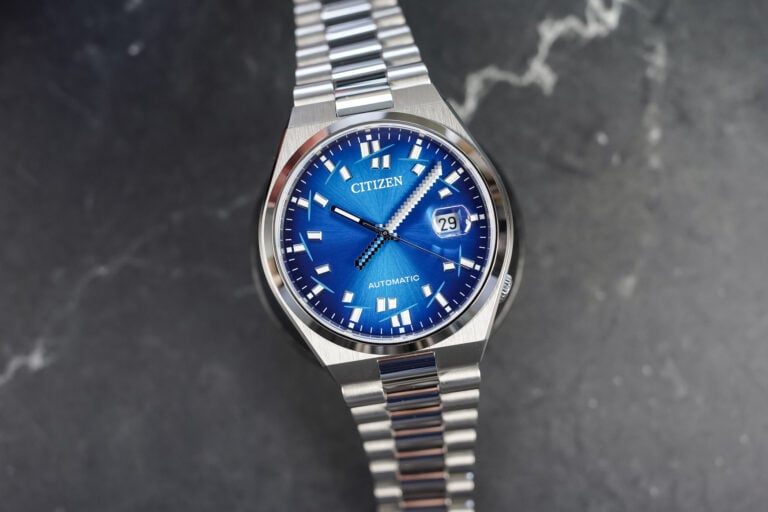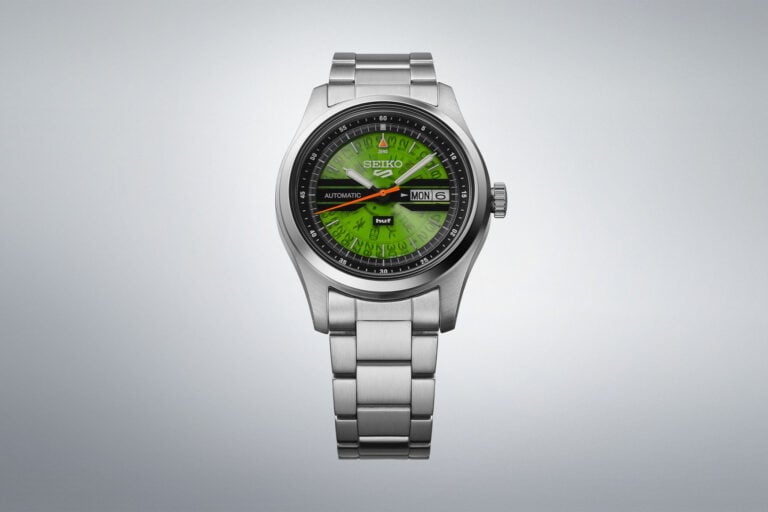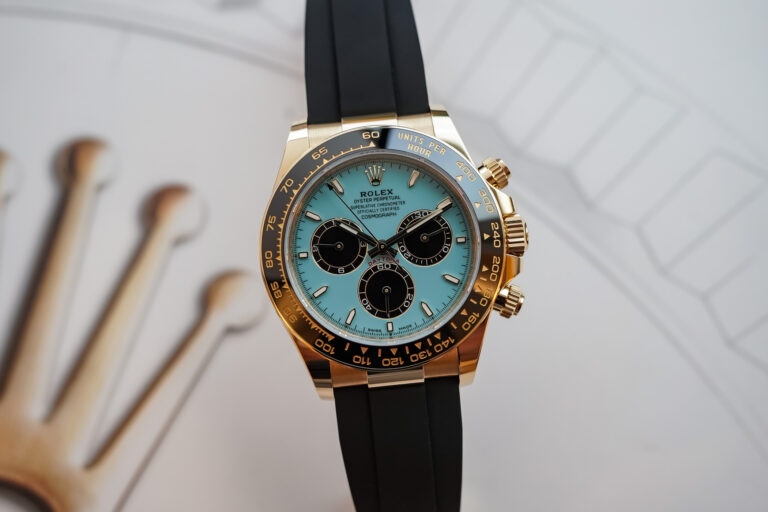Cartier ID Two – World’s First High-Efficiency Watch

While Cartier has not really been know because of horological accomplishments in their long, rich history, they are making a huge effort to become a true horological power house. And with effect I might add!
Unfortunately for many Cartier fans, including yours truly, the Collection Privee Cartier Paris had to make place for the Fine Watchmaking collection. While I still yearn for the stylish timepieces of the CPCP collection, the horological highlights of the Fine Watchmaking collection are truly impressive!

After the ID-One that was released in 2009, the world’s first adjustment-free and lubrication-free timepiece, Cartier now release the ID-Two. This is actually the world’s first High-Efficiency timepiece, that stores energy more efficiently, distributes it more efficiently and use less. By using new materials, different treatment for parts and an entirely new construction of the mechanical parts, Cartier created a watch with a power reserve of 32 days! Yes indeed, thirty two days.
In any watch, roughly 75% of the energy is wasted, so Cartier devised ways to reduce energy consumption by circa 50% compared to the amount of power used by traditional mechanical watches. In order to do this Cartier set themselves three challenges:
- Challenge 1: Store the maximum energy
- Challenge 2: Maximize the energy transmitted from the barrels to the oscillator
- Challenge 3: Minimize consumption of the oscillator
That sounds superb, however we need to realize that “ID” pronounced in French can also mean “idea”. And yes, that’s indeed the case. Cartier’s ID-Two is a concept watch, much like car brands launch concept cars to test new car concepts. Although the ID-Two is a concept watch, I’m sure we will see many of these inventions in next year’s novelties!
Please take a few minutes to watch the video that explains it all…. And if you need more explanation, then I can reassure you that I’ll explain all three ‘challenges’ and solutions in detail in the coming week! Enjoy the video and stay tuned for a detailed explanation 🙂
This article is written by Frank Geelen, executive editor for Monochrome Watches.



